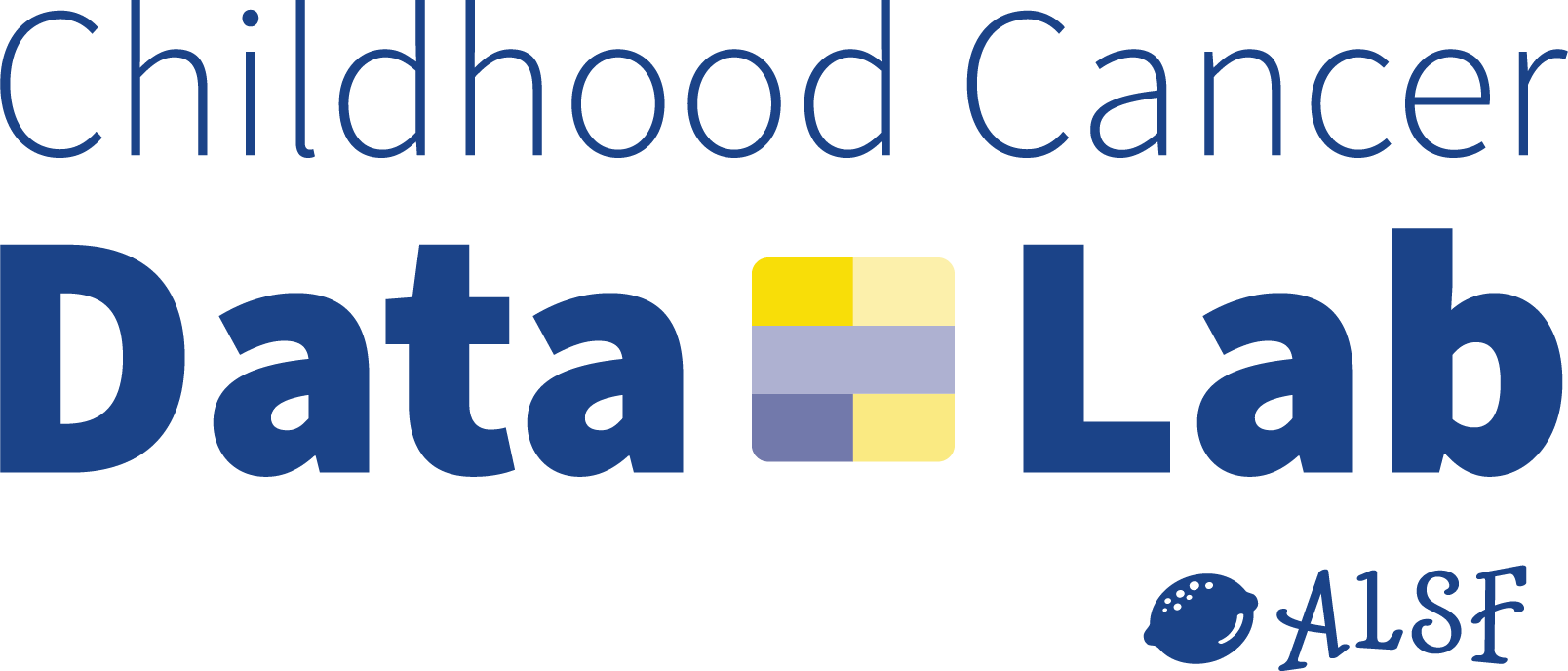Includes Bulk RNA-Seq
27 Downloadable Samples
Nucleus
10Xv2_5prime
Bulk RNA-seq
Children with metastatic osteosarcoma have an extremely poor prognosis, but little is known about the biologic variables that contribute to metastasis formation. Tumor cells can be found in the circulation of patients with disease burden, but which cells migrate into circulation, and their relationship to the primary tumor and metastatic disease is unknown. This question can not be addressed by traditional bulk sequencing methods that mask the heterogeneity of malignant cells within tumors. Furthermore, it is known that failure of immune surveillance facilitates metastasis, but whether the tumor microenvironment (TME) in osteosarcoma correlates to metastatic disease is unknown. We aim to build a cellular atlas of pediatric osteosarcoma to 1) describe the tumor and immune microenvironment of osteosarcoma using single cell technologies, 2) analyze individual circulating tumor cells (CTCs) by single cell sequencing to describe their phenotypic and phylogenetic relationship to primary and metastatic disease and 3) to correlate tumor and immune single cell gene expression patterns with clinical behavior and biologic features such as genomic alterations. We hypothesize that the TME of osteosarcoma is correlated with clinical variables such as presence of metastasis and response to therapy. By studying circulating tumor cells in the context of primary or metastatic tumors, we aim to demonstrate relationship of CTCs to a heterogeneous tumor, and thereby define the subpopulation with metastatic potential. We will create a cell by cell atlas of primary and metastatic osteosarcoma and CTCs, overlaid with clinical and biologic features. From this atlas we will discover biomarkers predictive of clinical behavior. Knowledge of the TME and features of cells with metastatic potential will inform clinical trials of novel therapeutics that could translate into improved cures for children with osteosarcoma.
11 Downloadable Samples
Cell
10Xv3.1
Sarcomas are a heterogeneous class of bone and soft tissue tumors comprising over 50 different subtypes and the third most common cancer affecting children. Bone sarcomas in particular account for ~3,500 cases a year and include osteosarcoma, the most common pediatric bone tumor. Despite aggressive chemotherapy and surgical treatment, overall 5-year survivals are ~60% and less than 30% for metastatic disease. There is a dearth of sequencing data for pediatric bone sarcomas, particularly at the single-cell level. Their rarity and high heterogeneity even within the same histologic type has led to major gaps in our understanding of their molecular hallmarks, drivers and evolution. This variability is critical to understanding treatment response and failure, and there remains an urgent need to relate these molecular features to drug sensitivity and patient outcomes. We propose to close this gap by performing single-cell RNA-seq (scRNA-seq) for pediatric bone sarcoma samples. The single-cell level data will allow us to estimate the proportions of cell types in each sample and correlate these with clinical information and outcomes that will be provided for each sample as metadata.
52 Downloadable Samples
Cell, Nucleus
10Xv3.1
Pediatric solid tumors are rare compared to common adult malignancies and they are also remarkably diverse. For example, rhabdomyosarcomas have features of skeletal muscle, osteosarcomas have features of bone and neuroblastomas have features of cells in the sympathoadrenal lineage. The diversity and rarity of pediatric solid tumors makes it difficult to accelerate biomedical research that can improve patient outcomes. For example, even with the large number of patients treated at St. Jude, it can be difficult to obtain fresh pediatric solid tumor tissue that is suitable for single cell sequencing. To overcome this barrier in the field, we have collaborated with Aviv Regev at the Broad Institute to compare single-cell RNA-sequencing to single-nuclei RNA-sequencing for pediatric solid tumors. Our data show that we can capture the transcriptional heterogeneity of the tumors and the complexity of the tumor microenvironment using single-nuclei RNA-sequencing of patient tumors from the St. Jude biorepository. In addition, over the past 9 years, we have generated 166 orthotopic patient derived xenografts (O-PDXs) representing 21 different pediatric solid tumor types. The O-PDXs and corresponding patient tumors have undergone some of the most comprehensive characterization of any pediatric cancer model including detailed analysis of the clonal heterogeneity (Stewart et al. Nature, 2018). We performed single-cell or single-nuclei RNA-sequencing of 54 tissue samples from both Osteosarcoma patient tumors and matched O-PDXs as part of a larger effort to perform single-cell/single-nuclei RNA-sequencing on a large cohort of patient tumors and O-PDXs. This research proposal will fill a fundamental gap in our knowledge of the transcriptome heterogeneity across pediatric solid tumor clones and of the normal cells found in the tumor microenvironment.
We would greatly appreciate if you cite the listed publications when using this data.

